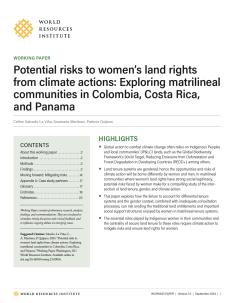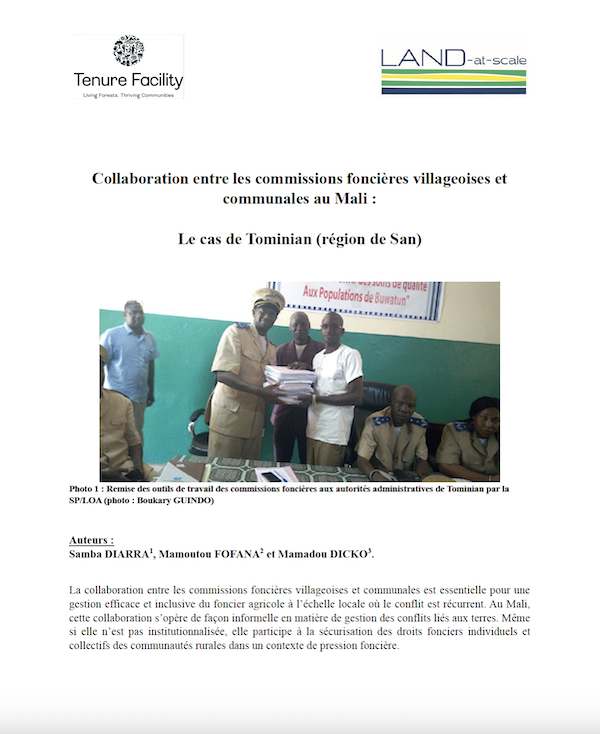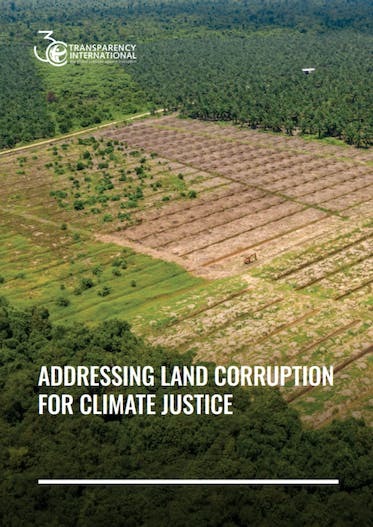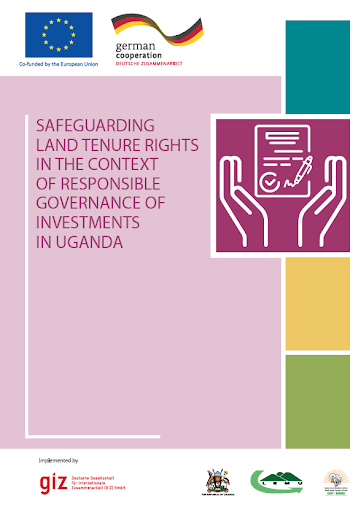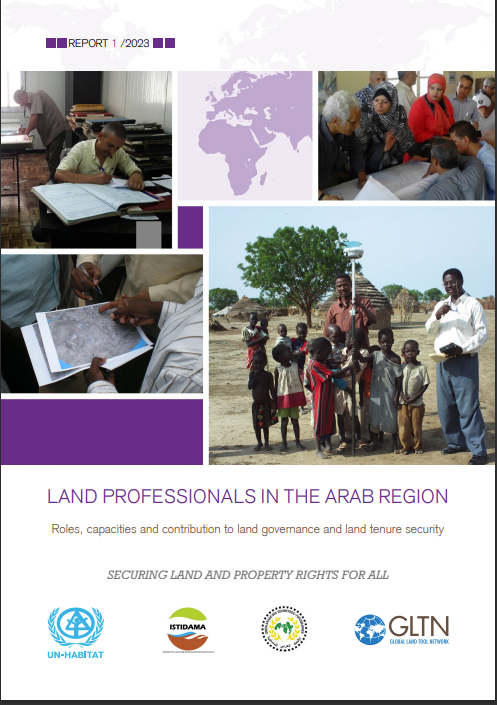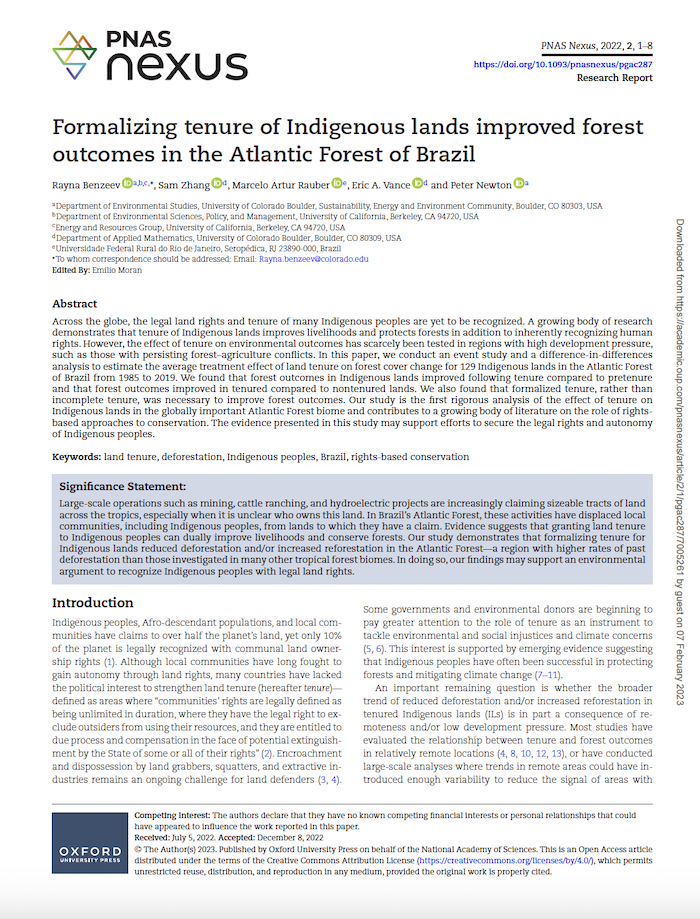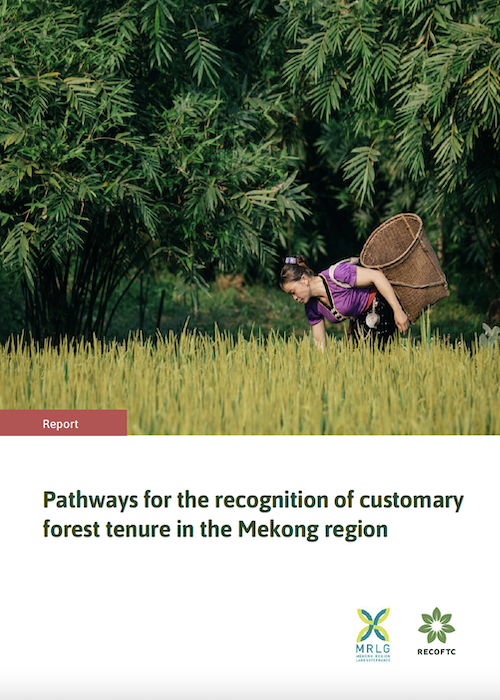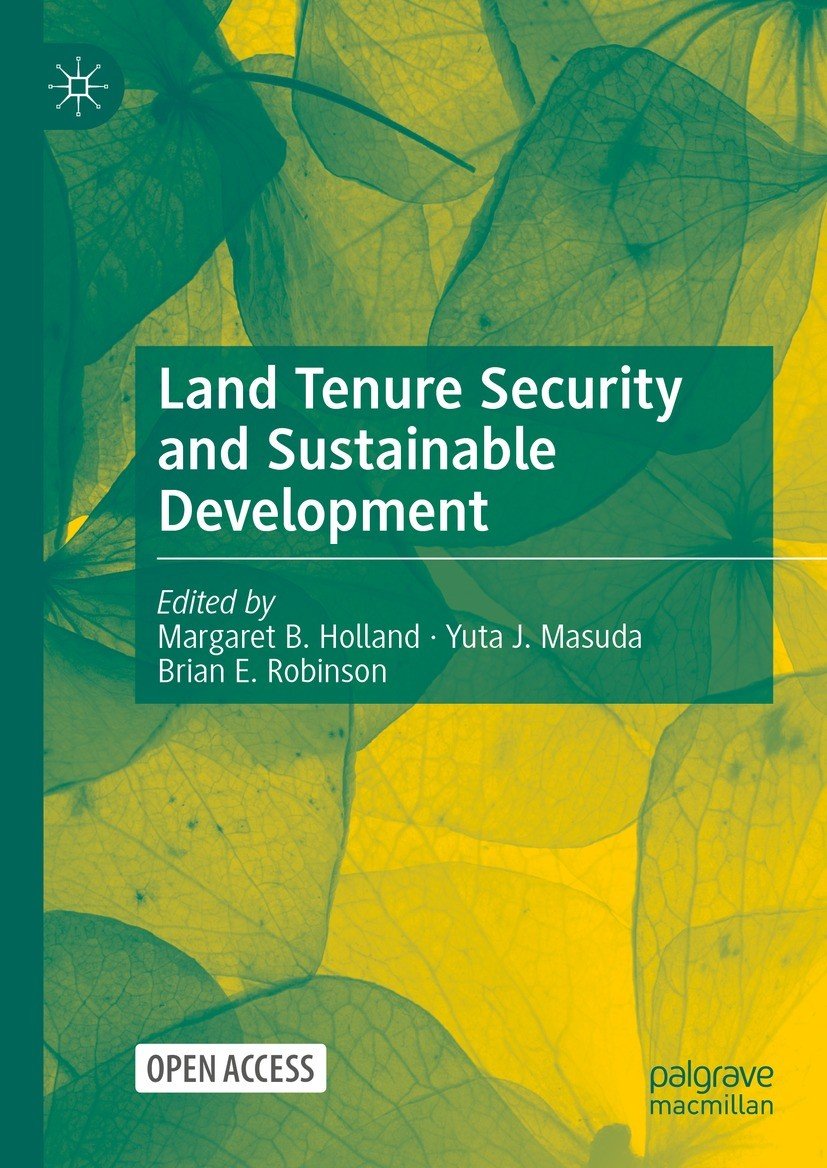Potential Risks to Women’s Land Rights From Climate Actions: Exploring Matrilineal Communities in Colombia, Costa Rica, and Panama
This paper explores ways in which global actions to tackle climate change can potentially undermine women’s land tenure security. While there is greater cognizance of the role of secure land tenure as a critical enabler of global climate goals, climate actions that fail to account for differential tenure systems and gender dynamics risk eroding women’s customary land rights and associated social support systems. The paper recommends ways to balance climate goals with land rights protection.

